Neville Dilkes (born 28 August 1930) is an English conductor and organist. Born in Derby, England to a musical family, piano lessons began at the age of six, and his talent was immediately evident. He became a fellow of Trinity College of Music, Fellow of the Royal College of Organists, and did his National Service in the Royal Army Medical Corps. Later he taught at Repton School before becoming Director of Music at Corby Grammar School in 1955. Whilst there he brought together a number of musicians from the Midlands and formed the Kettering Symphony Orchestra in 1958.
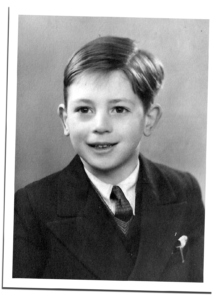

In 1961 he formed Opera da Camera, a chamber opera group which gave it’s first performance at Harpole Hall in Northamptonshire. The Midland Sinfonia orchestra was formed the same year in November and later renamed the English Sinfonia. In 1963 he attended the Netherlands Radio International Conductors’ Course, where his principal tutor was Dean Dixon. In 1964 he became the inaugural winner of the Watney Sargent Award for conductors. The Midland Sinfonia acquired a permanent office in Nottingham in 1966 and gave it’s first London Concert at the Queen Elisabeth Hall in 1968. It was renamed the English Sinfonia.
Neville Dilkes became a frequent broadcaster worldwide, and has toured extensively, both as a guest conductor and with his own orchestra in most European countries and the USA.
His close and long-standing relationship as a recording artist with EMI has enabled him to reach wide audiences, and to record a large repertoire with particular emphasis on British music.
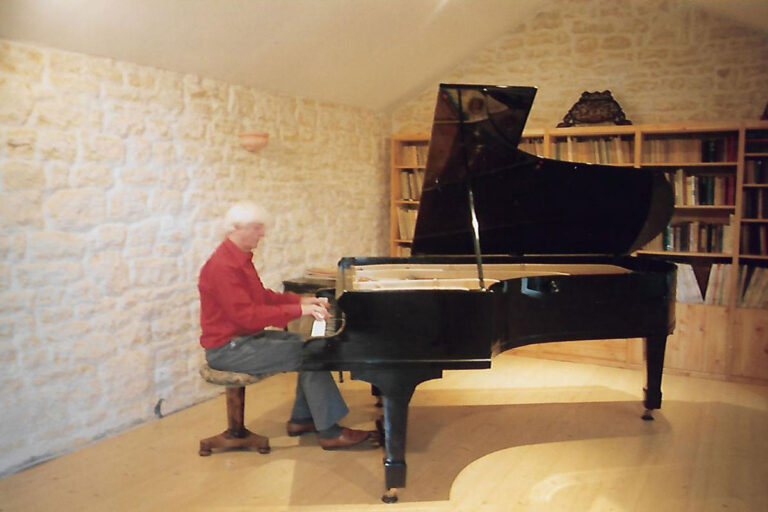
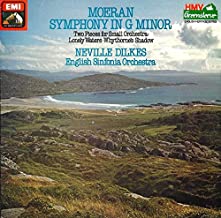
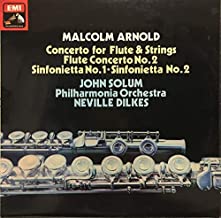
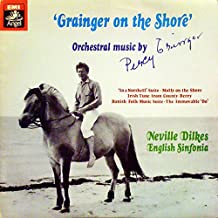
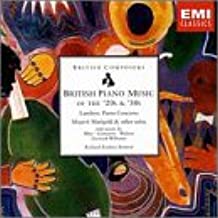
This website uses cookies so that we can provide you with the best user experience possible. Cookie information is stored in your browser and performs functions such as recognising you when you return to our website and helping our team to understand which sections of the website you find most interesting and useful.
Strictly Necessary Cookie should be enabled at all times so that we can save your preferences for cookie settings.
If you disable this cookie, we will not be able to save your preferences. This means that every time you visit this website you will need to enable or disable cookies again.